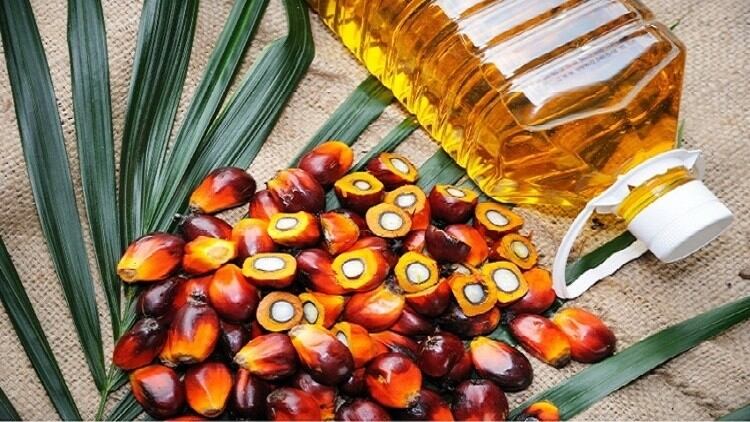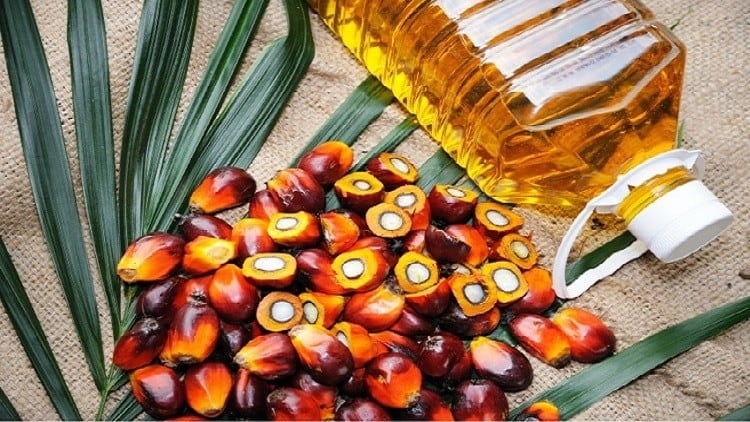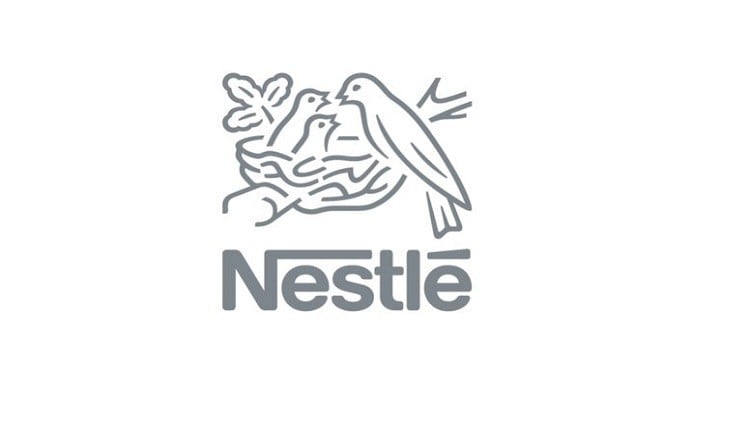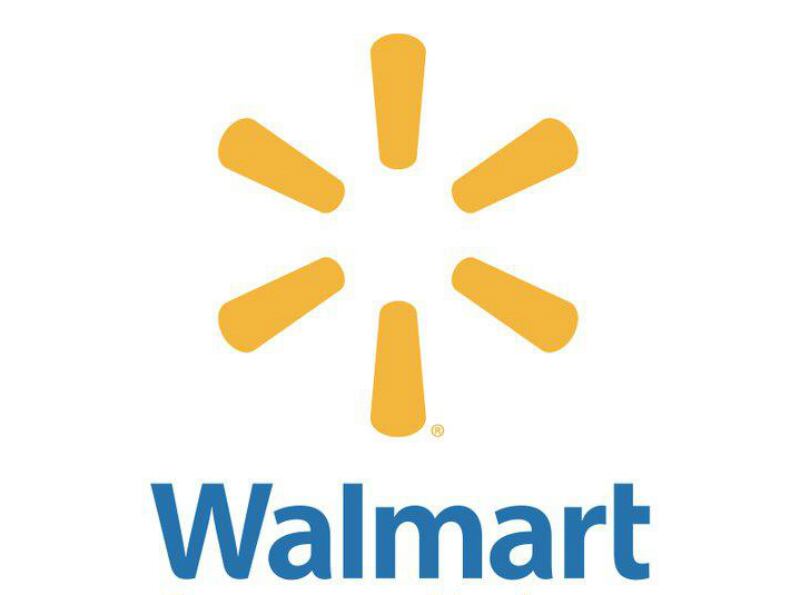The Indonesian National Drug and Food Control Agency (BPOM) issued the ban, saying that the ‘Palm Oil Free’ label had caused a number of problems for the country in its efforts to grow the palm oil industry.
“In a meeting between BPOM, the Ministry of Trade, the Ministry of Health, the Ministry of Industry, the Ministry of Agriculture and other related cross-sector bodies on the handling of this issue, [we have committed to] protect the competitiveness of the palm oil trade,” said BPOM Head Penny Lukito in a formal statement.
“Specifically, the use of the ‘Palm Oil Free’ label which will reduce the competitiveness of the Indonesian palm oil industry will be stopped.
BPOM added that it has already stopped issuing approvals to any products containing a ‘Palm Oil Free’ claim, with this rule ‘strictly enforced based on existing regulations’.
The ‘Palm Oil Free’ movement has previously been labelled by major palm oil-producing countries such as Indonesia and Malaysia as a campaign aiming to blacken the name of the crop, which is also a major component of various packaged foods and beverages especially in Asia.
"This labelling is part of a campaign to undercut the competitiveness of Indonesian palm oil. [It] is the government's duty to protect the industry,” Lukito added when announcing the ban.
Although BPOM will first approach the ban by educating retailers about it, she added that those who continued to violate this would see legal action taken against them.
Although the specific products and retailers that would be affected were not named, the International Palm Oil Free Certification Trademark Programme (POFCAP) website stated that F&B brands such as natural food firm Enjoy Life Foods, spice company Red Ape Cinnamon and nut butter company Wild Friends Foods carry products that are certified as ‘palm oil free’.
Major MNCs operating in the country said they would not be affected by the ban and pledged to continue working to RSPO standards.
Responding to queries from FoodNavigator-Asia, Nestle Indonesia said: “[We] at Nestle Indonesia do not have such [‘Palm Oil Free’ labelled] products in the market, and therefore we would not be affected by this ban.
“Currently, all palm oil that Nestlé uses in Indonesia is RSPO certified. Beyond certification, we are using a combination of tools, including supply chain mapping, satellite monitoring, and on-the-ground verification, and partner with different organizations to ensure that the palm oil we buy complies with our Responsible Sourcing Standard.
“[Nestle Indonesia has] have committed to 100% RSPO-certified palm oil by 2023.”
PepsiCo added that it is ‘a strong supporter of improvements to RSPO’s standards’, and that Indonesia was one of its top three palm oil sources.
“PepsiCo is a founding member of the Landscape Program in Siak and Pelalawan (in Indonesia) promoting sustainable palm oil production,” said a PepsiCo spokesman.
“In 2018, [we] achieved 52% RSPO physically certified sustainable palm oil [and now] aim to achieve 80% by the end of 2019, and 100% by the end of 2020.”
Palm oil industry bodies in the country have reacted positively to the ban. According to Monga Bay, Indonesian Palm Oil Board (DMSI) Chairman Derom Bangun said this was a ‘much-needed move’ against the ‘black campaign’ attacks that the palm oil industry is facing, whereas the Indonesian Palm Oil Producers Association (GAPKI) deemed health concerns surrounding palm oil ‘exaggerated’.
Negatively affected by global sentiment
Palm oil is one of Indonesia’s major industries but has taken several hard hits, especially over the past few months after the European Union declared the cultivation of palm oil to be unsustainable in March 2019.
According to GAPKI, the country’s palm oil exports have suffered as a result of various major export destinations implementing regulations hindering this trade. GAPKI numbers showed that Indonesia's total palm oil exports in April 2019 decreased 18% compared to total exports in March (from 2.96 million tons to 2.44 million tons).
“Some major export destination countries impose regulations that are [akin to] trade barriers,” said GAPKI.
“For example, India has raised tariffs on palm oil import duties to the maximum extent, [and the] EU adoption of the Renewable Energy Directive (RED) Delegated Act II in March (concerning biofuel sustainability).”
GAPKI added that ‘it cannot be denied’ that the RED Delegated Act II has contributed to ‘negative sentiments’ regarding the Indonesian palm oil market in Europe, and that this was reflected by continuously declining exports to the region.
“In April 2019, exports of crude palm oil and relevant derivatives from Indonesia [to the EU] decreased some 37% from 315,240 tons compared to March (498,240 tons), then in May (302,160) it fell again 4% compared to April,” said GAPKI.
China was another affected destination, where export volumes dropped 18% from April 2019 (499,570 tons) to May 2019 (410,560 tons).





